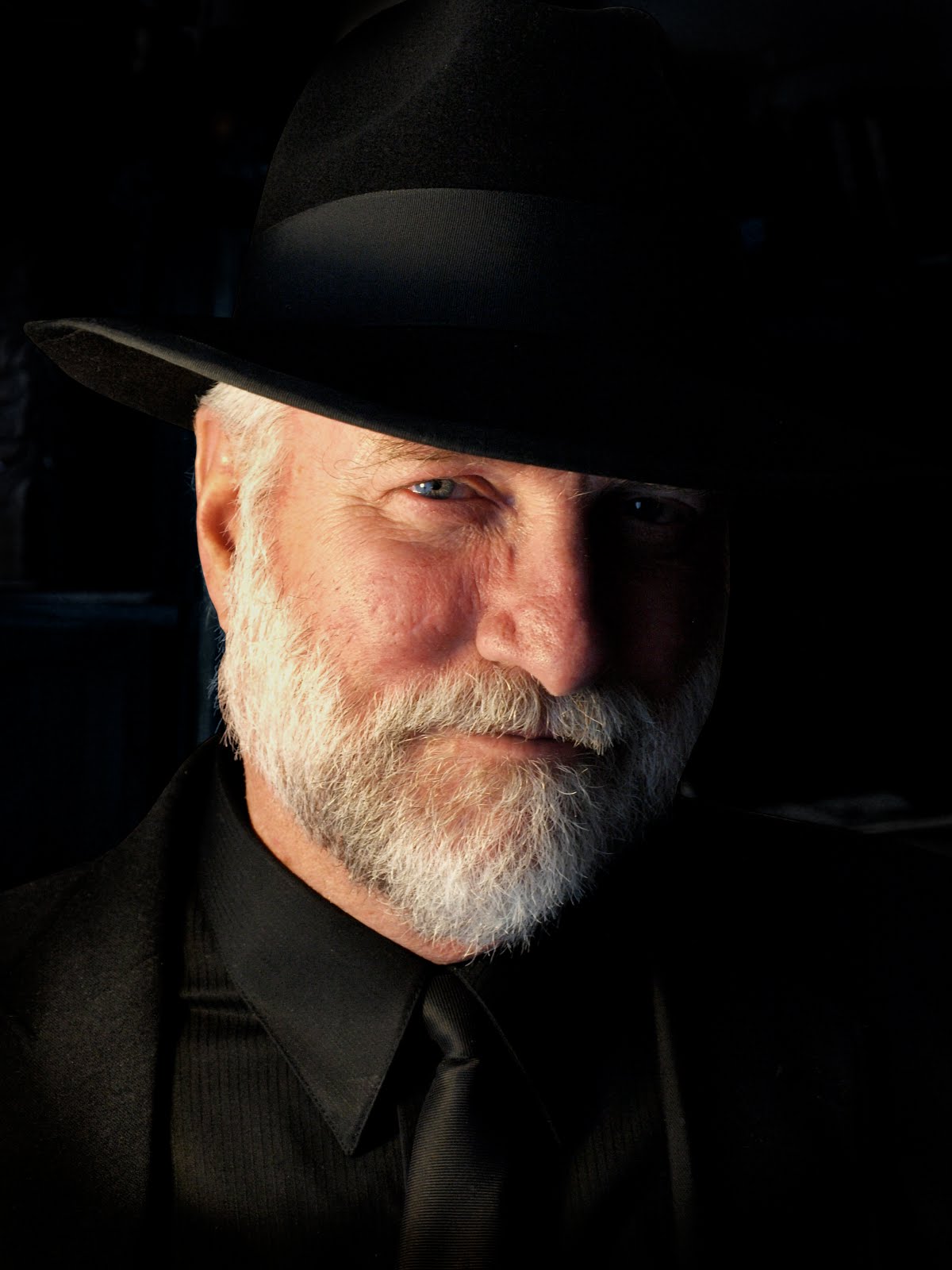I have not blogged about Obama's presidency recently because, honestly, it depresses me to think about it much. With the direction he is taking us with domestic and foreign policies, the United States will be in serious trouble, and we will be hard pressed to make amends. Frankly, I believe it may be too late. This morning, I read a face book posting by my friend, Terry Conley, which made me both sick to my stomach and seriously amused. His posting was about a news report about Obama's state visits to the Mideast, including Israel, and the expectation that he would use his charm to get Israel and the crazy (my word) Muhammadans to respect one another and get along.
I guess the plan is for him to go around the leadership in the countries involved and appeal to the sensibilities of the young masses to put pressure on the leadership. The laughable part is that he thinks that anybody over there cares at all about what he thinks. I guess the sickening part is also that he thinks anybody over there cares at all about what he thinks. For example, when the youth of Iran were trying to act out and demand a change in their government, Obama was silent. Also, what are the Israelis supposed to think of a guy who embraces the Muslim Brotherhood so heartily and gives so much monetary aid and weaponry to Egypt--Mohamed Morsi is a Holocaust denier and has repealed Egypt's policy under Mubarak, that Israel had a right to exist--who are again technically at war with Israel.
Now, I understand that true charm can get people a lot of things they want. Even perceived charm can get people a lot of what they want. However, I dispute that Obama is charming at all, for people who see him as he really is--that would be people like myself--and who know a thing or two about phonies and cheats. Obama is even more transparent and less charming than Bill Clinton. He and Bill Clinton got to the highest office in the land because they were able to fake sincerity well enough that the most gullible among us--which may have been a majority of us, judging by election returns--thought that they deserved our trust with power and authority.
We all knew that the cartoon character, Snidely Whiplash, was a dastardly criminal, who had a penchant for placing damsels in distress. You knew he was dastardly because he acted like one and he twisted his mustache in a suspicious way and laughed about what he planned to do in a dastardly and comical way. I guess in reality, Snidley had a degree of charm, in that his attempts to do evil were always thwarted by the half-wit, Dudley Do Right, who exhibited the same kind of charm as another hero of book and film, Forest Gump. Sadly, we are not living in a cartoon world and there are circumstances, both here and abroad, that will undoubtedly result in disaster. As I see it, Obama's perceived charm is killing us here at home and will likely kill a lot of people abroad. I guess I shouldn't think the idea of him being charming that amusing after all.
I guess the plan is for him to go around the leadership in the countries involved and appeal to the sensibilities of the young masses to put pressure on the leadership. The laughable part is that he thinks that anybody over there cares at all about what he thinks. I guess the sickening part is also that he thinks anybody over there cares at all about what he thinks. For example, when the youth of Iran were trying to act out and demand a change in their government, Obama was silent. Also, what are the Israelis supposed to think of a guy who embraces the Muslim Brotherhood so heartily and gives so much monetary aid and weaponry to Egypt--Mohamed Morsi is a Holocaust denier and has repealed Egypt's policy under Mubarak, that Israel had a right to exist--who are again technically at war with Israel.
Now, I understand that true charm can get people a lot of things they want. Even perceived charm can get people a lot of what they want. However, I dispute that Obama is charming at all, for people who see him as he really is--that would be people like myself--and who know a thing or two about phonies and cheats. Obama is even more transparent and less charming than Bill Clinton. He and Bill Clinton got to the highest office in the land because they were able to fake sincerity well enough that the most gullible among us--which may have been a majority of us, judging by election returns--thought that they deserved our trust with power and authority.
We all knew that the cartoon character, Snidely Whiplash, was a dastardly criminal, who had a penchant for placing damsels in distress. You knew he was dastardly because he acted like one and he twisted his mustache in a suspicious way and laughed about what he planned to do in a dastardly and comical way. I guess in reality, Snidley had a degree of charm, in that his attempts to do evil were always thwarted by the half-wit, Dudley Do Right, who exhibited the same kind of charm as another hero of book and film, Forest Gump. Sadly, we are not living in a cartoon world and there are circumstances, both here and abroad, that will undoubtedly result in disaster. As I see it, Obama's perceived charm is killing us here at home and will likely kill a lot of people abroad. I guess I shouldn't think the idea of him being charming that amusing after all.
























